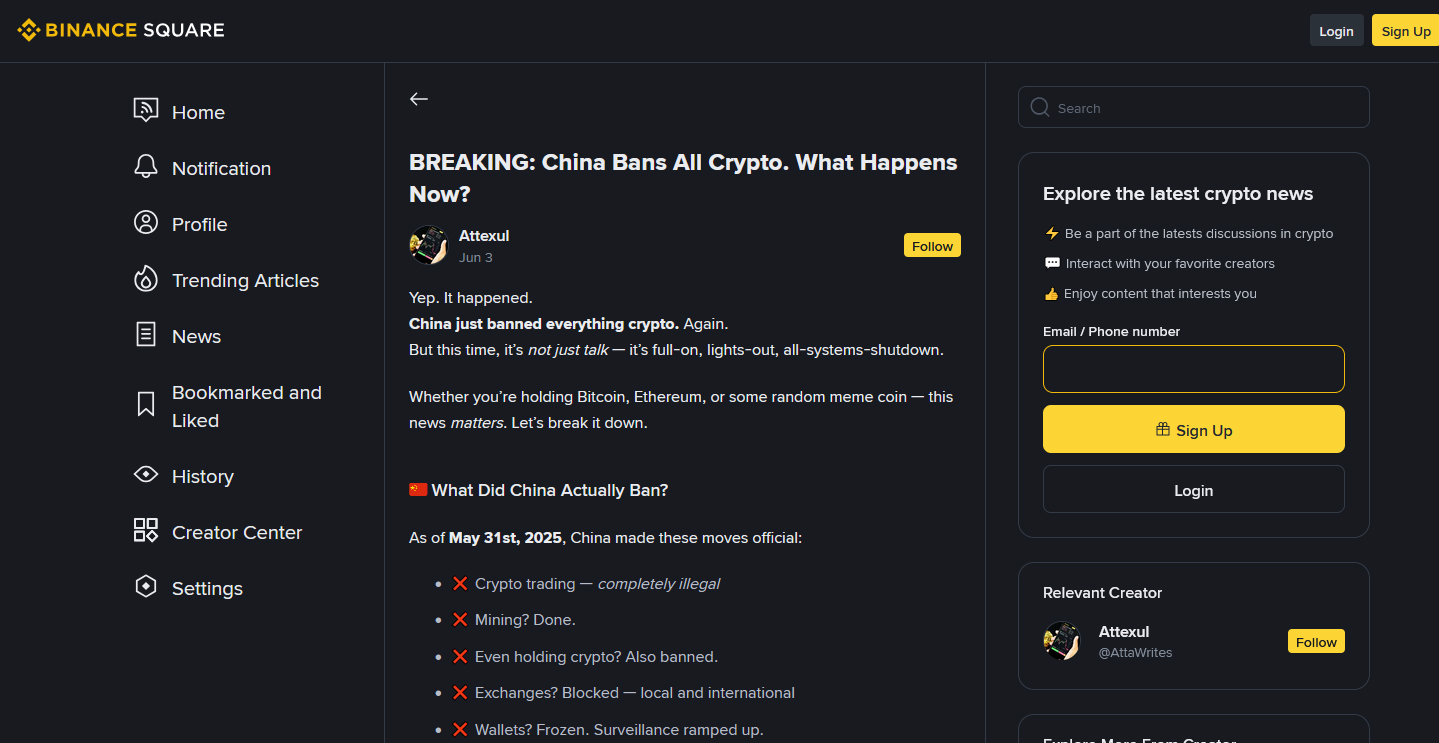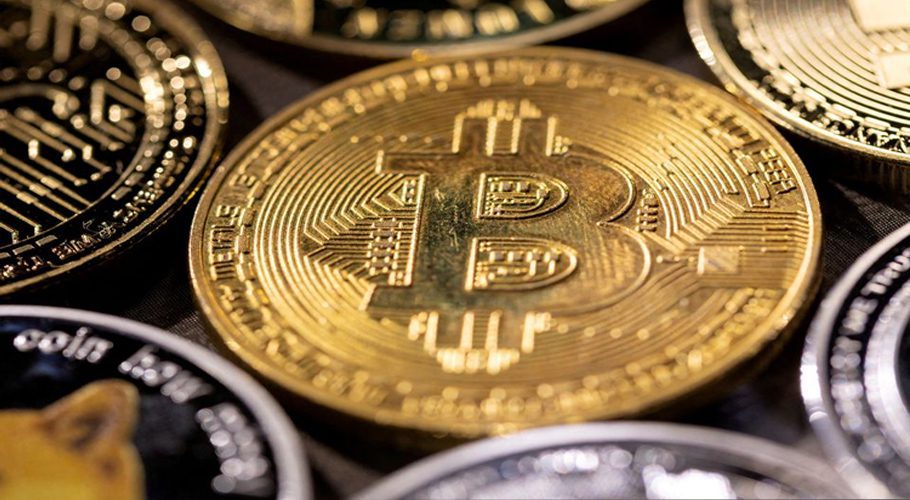China, a country reportedly holding 194,000 BTC — the second-largest reserves in the world — has once again banned all cryptocurrencies, if reports by some media outlets are to be believed. However, the Chinese government hasn’t issued any official statement in this regard.
China, one of the world’s largest cryptocurrency markets, has a history of imposing bans on cryptocurrencies, so it wasn’t unusual when some media outlets like Financial Express, IDN Financials, and Hindustan Times reported that China has banned Bitcoin ownership by private individuals.
The news, which spread like wildfire, forced some investors to sell their Bitcoin. However, the lack of official confirmation from the Chinese government has made the situation unclear at the moment.
The Financial Express quoted a so-called “report by Binance,” but no direct link was given. On closer inspection, there is no recent analysis in Binance’s official research portal dealing specifically with Bitcoin or China’s regulatory updates.

It seems that Financial Express was indeed quoting a post on Binance Square — an open platform where individual users, who are not associated with Binance, can make market commentary and analysis public.
As of now, there have been no authoritative pronouncements from major Chinese regulatory agencies, including the Cyberspace Administration of China, the Supreme People’s Procuratorate, Chinese courts, the People’s Bank of China, or the State Administration of Foreign Exchange (SAFE). These bodies have traditionally promulgated significant regulatory guidance, such as the historic 2013 directive disallowing banks from processing Bitcoin transactions.
It is worth mentioning that in September 2021, the People’s Bank of China made all cryptocurrency transactions illegal, affirming and strengthening previous prohibitions. While trading in cryptocurrencies was officially banned in 2019, practice has continued through online platforms run by overseas exchanges.


































